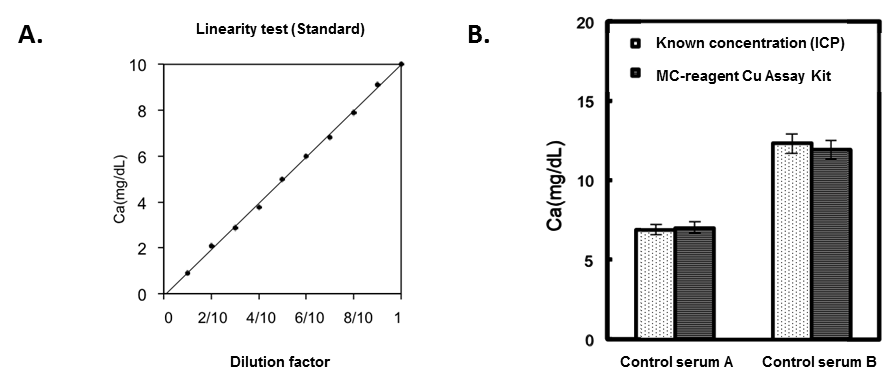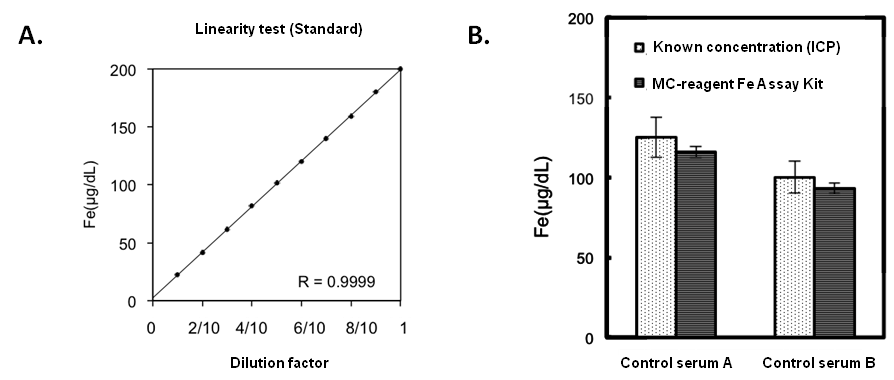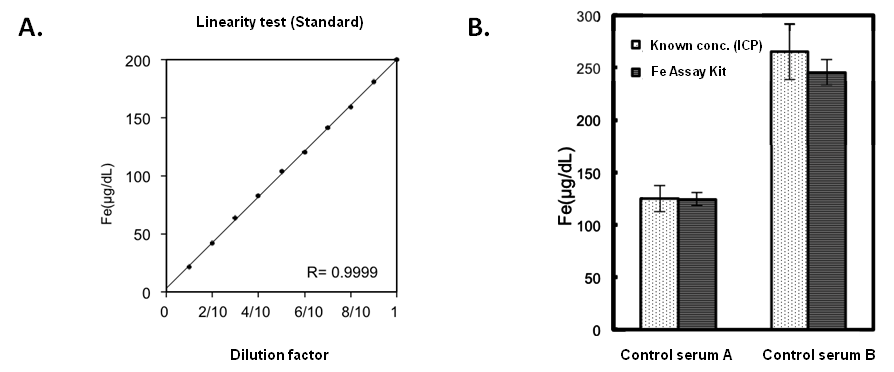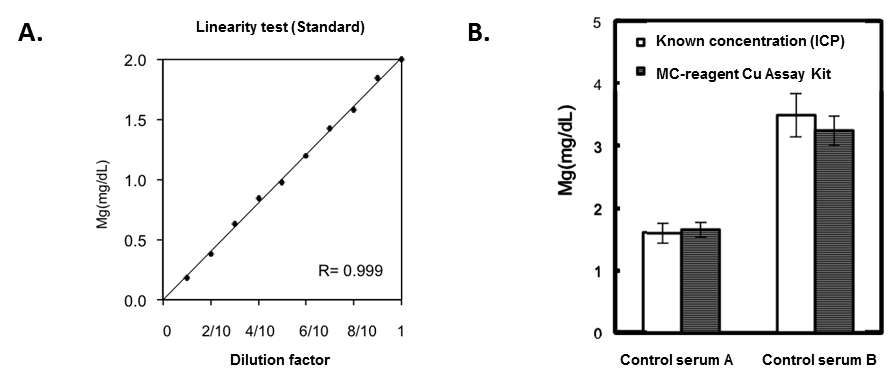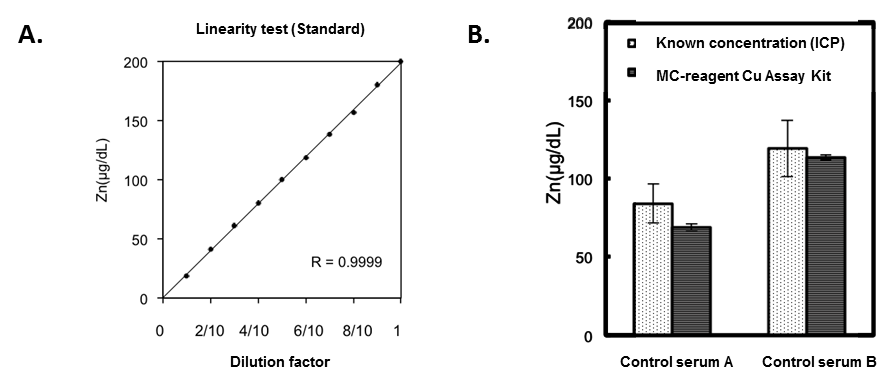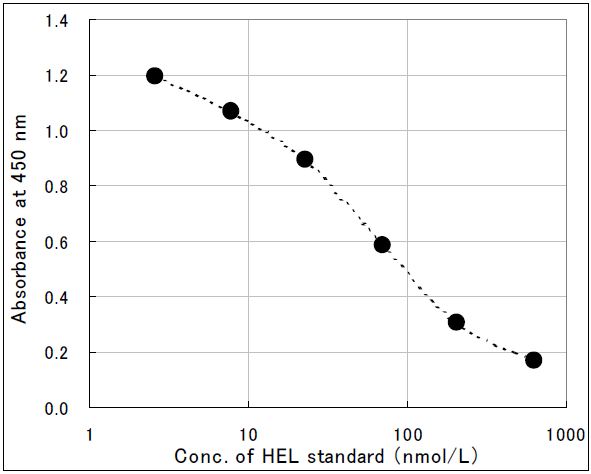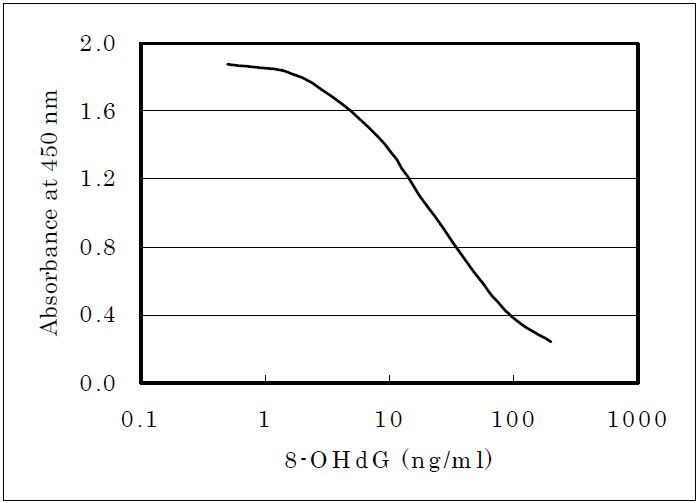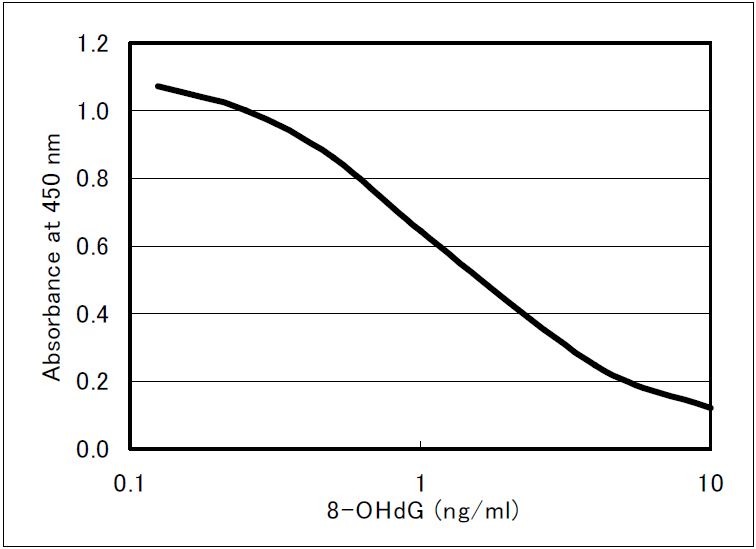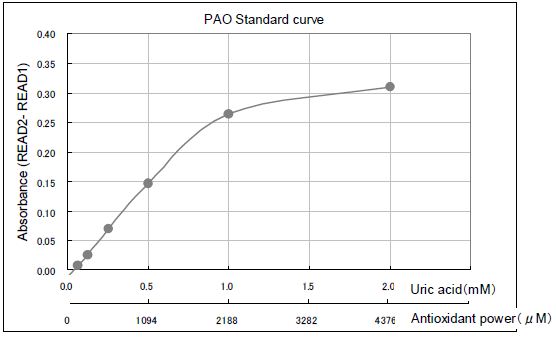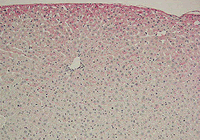
Products
Are you looking for life science and diagnostic reagents? We offer one of the most extensive ranges in the Benelux. There are currently more than 8 million products in our webshop, which are manufactured by more than 130 suppliers. We hope to support your research with everything you need.
Product group Chemicals
- SizePrice
Product group Assays
8-OHdG Check ELISA Kit (High Sensitivity)JAI-KOG-HS10E
ReactivityAll Species
- SizePrice
Product group Antibodies
anti-Acrolein [ACR], mAb (5F6)JAI-MAR-020N
ApplicationsImmunoHistoChemistry
ReactivityAll Species, Human
- SizePrice
Product group Antibodies
anti-Dibromo-tyrosine [DiBrY], mAb (3A5)JAI-MBY-020P
ApplicationsWestern Blot, ELISA, ImmunoHistoChemistry
ReactivityAll Species, Human
- SizePrice
Didn't find what you were looking for?
Search through our product groups to find the right product
Back to overview
